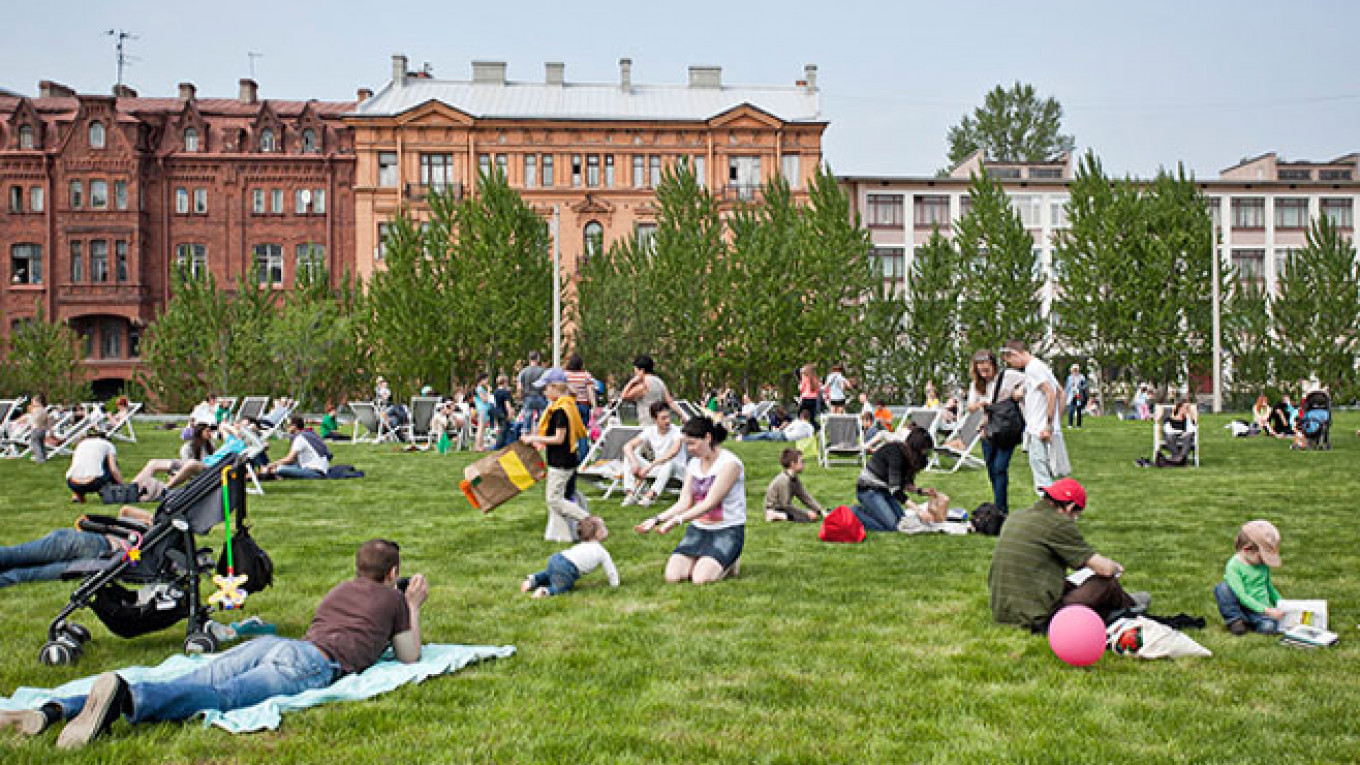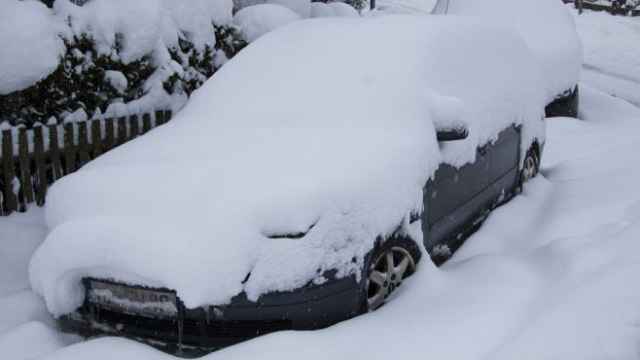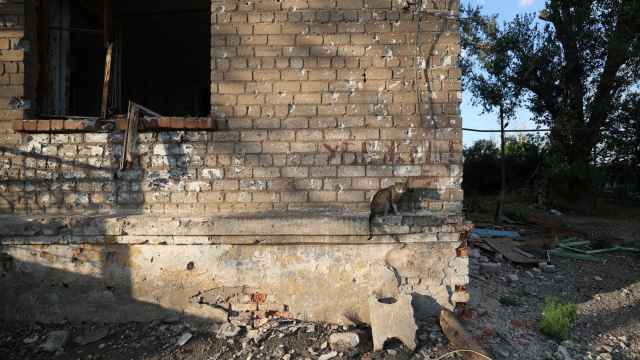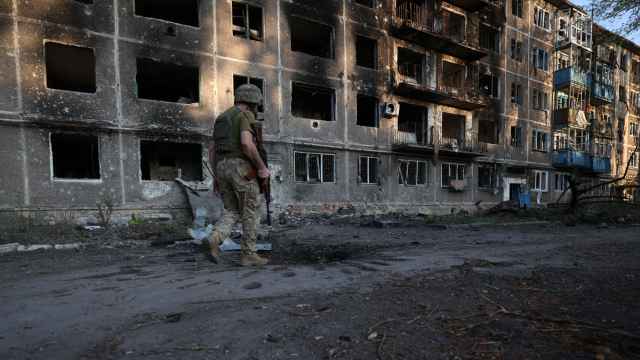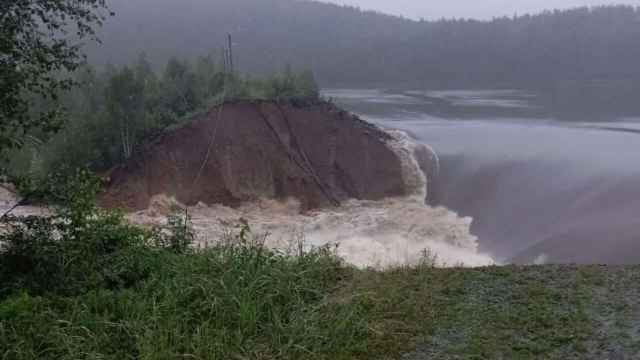Russia is heating up 2.5 times faster than the rest of the world, but may yet stand to benefit from it, the country's chief meteorologist said in comments carried by the Interfax news agency.
Temperatures in Russia increase 0.43 degrees Celsius per decade, compared with a world average of 0.17 degrees, said Federal Meteorological Service head Alexander Frolov.
The change brings many benefits for the northern country, including lower heating expenses and a prolonged navigation season, Frolov told journalists on Monday.
Extra carbon dioxide in the air also boosts plant photosynthesis, a boon to agriculture, he said. "Productivity grows. Forests grow. Grasses grow."
Negative aspects, though, include ravaging wildfires and devastating floods, he said.
Central Russia was ravaged by massive wildfires in 2010, which blanketed Moscow in smog for weeks. Wildfires also hit this year the Russian Far East, which suffered a massive flood the year before. In 2012, a flash flood killed 171 people in the southern city of Krymsk.
The growth of the "green economy" also undermines demand for oil, the foundation or Russia's already shrinking prosperity, Frolov said.
"It's the main risk for us. We can't rule out that this change will cause the loss of whole markets, giant markets, that we're counting on," the official said.
Frolov predicted an influx of "climate refugees" from Central Asia due to shortages of water, a resource he expects to overshadow oil in strategic importance.
Central Asia is an arid region, and tensions over water sources and plans for a dam are already mounting between local nations, including Uzbekistan and Tajikistan.
"Oil will be relegated to second place," Frolov said. "Water will be No. 1."
A Message from The Moscow Times:
Dear readers,
We are facing unprecedented challenges. Russia's Prosecutor General's Office has designated The Moscow Times as an "undesirable" organization, criminalizing our work and putting our staff at risk of prosecution. This follows our earlier unjust labeling as a "foreign agent."
These actions are direct attempts to silence independent journalism in Russia. The authorities claim our work "discredits the decisions of the Russian leadership." We see things differently: we strive to provide accurate, unbiased reporting on Russia.
We, the journalists of The Moscow Times, refuse to be silenced. But to continue our work, we need your help.
Your support, no matter how small, makes a world of difference. If you can, please support us monthly starting from just $2. It's quick to set up, and every contribution makes a significant impact.
By supporting The Moscow Times, you're defending open, independent journalism in the face of repression. Thank you for standing with us.
Remind me later.



